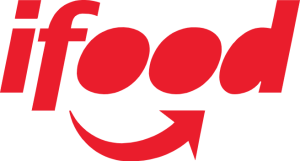MANIFEST
Imagine a world that is fully capable of producing food for all the people who live in it. Did you imagine? This is our planet Earth. From the moment that human beings learned to grow grains for food, humanity was able to feed everyone.
The world is currently experiencing a great and painful paradox: we produce enough food for everyone, yet more than half of Brazilians live in some form of food insecurity. Furthermore, it is estimated that one-third of all food produced in the world is wasted.

It is estimated that one third of all food produced in the world is wasted.
Knowing all this, how do you feel (or how does your company behave) when you have to throw food in the trash? Putting the spotlight on reducing food waste is not only an economic necessity, but an environmental one, and also a way out to address the current humanitarian crisis that is the lack of access to food for vulnerable populations. No food was grown, watered, processed, transported and stored for the purpose of ending up in the trash.
But why are so many people still hungry every day? The answers are diverse. But one of the main ones, without a doubt, is waste. And it was with this scenario in mind that our founder, Alcione Silva, created Connecting Food in 2016. Our great driving force is not letting food that is good for human consumption end up in the trash can. But how?
Connection. This is how we seek to solve food waste in Brazil. A simple word that symbolizes exactly what we do: connecting food to the right destinations by redistributing, articulating partnerships and using data, technologies and agile processes. Through all of this, we fulfill our mission of optimizing resources and giving food the real purpose of its existence: food.

Committed to this reality, Connecting Food presents itself to the market as a business with a social impact that aims to contribute to reducing the impacts of waste on society. If we are what we eat, who are the people who don't eat?
Food is what moves us and wasting it is not an option.

SUPPORT
 |
 |
WE ARE MEMBERS
 |
 |
SUPPORT






